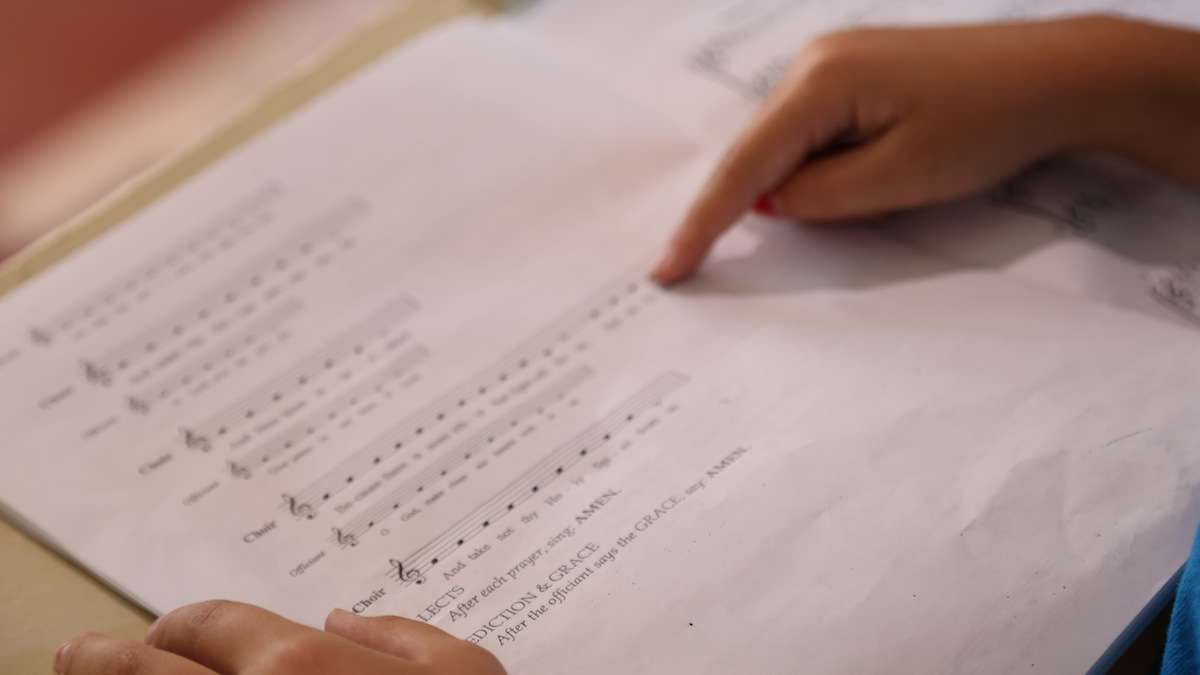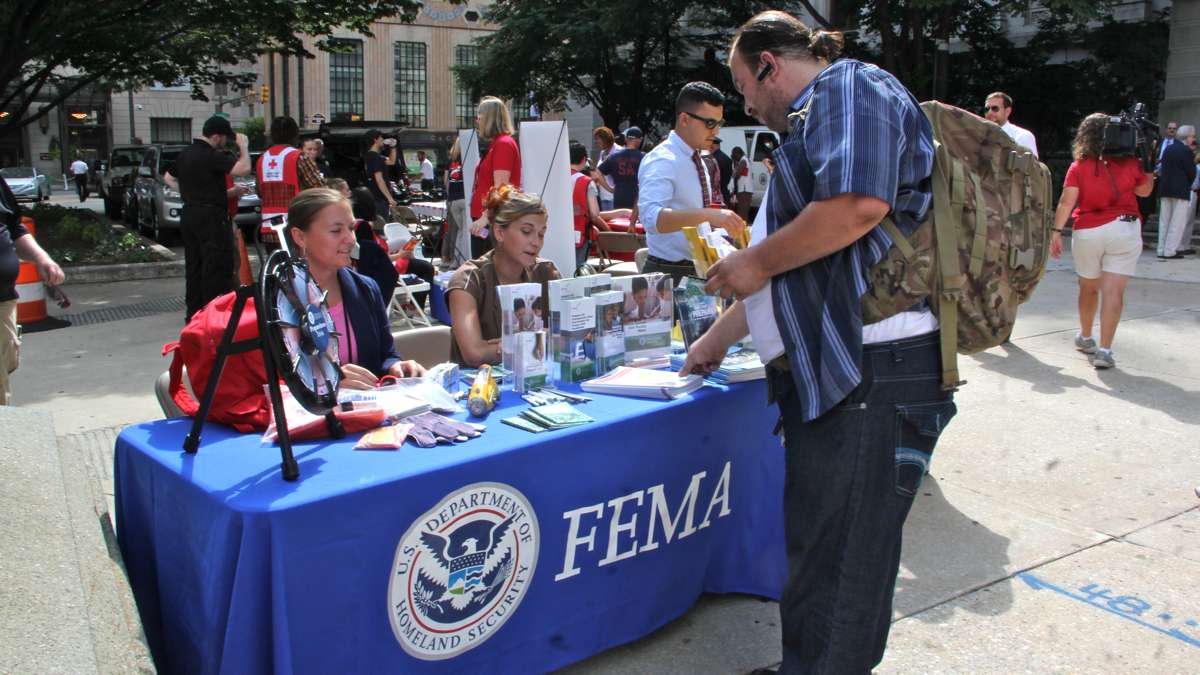Delaware reclassifies fines, penalties for hunting, fishing and boating
While infractions will no longer be considered to be criminal offenses, the restructuring will increase the fines for violations related to certain outdoor activities.
Earlier this year, the state legislature passed Senate Bill 258 in order to manage minor hunting, fishing and boating violations more effectively.
“It declassifies the number of less severe offenses associated with wildlife, hunting, trapping, fishing and boating by changing them from Class C and D environmental misdemeanors to environmental violations,” Gov. Jack Markell explained at the bill’s signing on Tuesday.
Some of the declassified violations include hunting, fishing or trapping without a license; trespassing to hunt, fish or trap; and improper marking of crab or lobster pots.
Under the new law, the minor environmental violations will no longer be reported on criminal history records.
The Department of Natural Resources and Environmental Control will be responsible for keeping the violation records and reporting repeat offenders.
The bill also raises the minimum fine for Class C violations from $50 to $100 for first offenses and raises Class D environmental violations from $25 to $50 for a first offense.
Supporters of the bill said it will cut down on requests to the state’s Board of Pardons, which has experienced a significant increase in pardon requests for minor environmental infractions.
“These cases are going to be handled in a more cost-effective and appropriate way, and fundamentally as a matter of justice were going to deal with these offenses in a way that makes much more sense,” Delaware Chief Justice Leo Strine said.
The legislation was touted as a “jobs bill” because it removes the offenses from criminal background checks, removing a potential obstacle for job applicants.
“It’s very sad when someone is charged, correctly, with possession of an undersized flounder, as an example, and that ends up on their criminal record presently today,” said Sen. David McBride, the primary sponsor of the bill. “It’s sad because it’s very difficult to get that off your record.”
The bill will also change the jurisdiction for several violations from Superior Court to Magistrate Court.
WHYY is your source for fact-based, in-depth journalism and information. As a nonprofit organization, we rely on financial support from readers like you. Please give today.



















